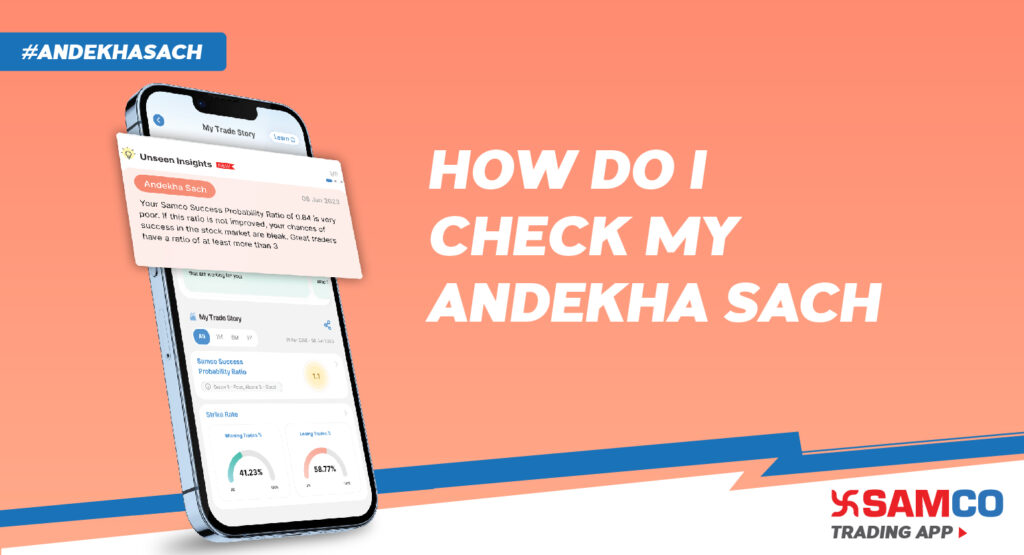From a layman’s perspective, market timing and time in the market may sound quite similar, but they are entirely different. If you want to succeed as an investor in stocks, options trading, and more, you must understand these terms and know the difference between the two.
This article will help you understand the difference between the two and which is a better approach to take.

What Is Market Timing?
When you buy an asset with the intention of selling it later at a higher price, it is called market timing. Market timing investors must understand the market and figure out when and where the prices will drop and rise. However, there is no certainty about how the market will change, which creates a chance of higher risk.
What Does Time In The Market Mean?
Time in the market refers to when an investor relies on real-time strategies to maximize profits in stocks, f&o trading, and more. There is no guessing game involved here. The investor who buys an asset holds on to it patiently until the initial reason for purchasing changes, or the investor has already acquired the investment goals with the asset.
3 Reasons Why Time In the Market Is Better Than Market Timing
- It is impossible to predict the future accurately.
The stock market is unpredictable. Be it options trading or future trading, you can make assumptions about how the market will change. Still, it is impossible to consistently and accurately make the right predictions related to stock prices. This is the reason why the risk of incurring a loss is highly greater in market timing. You rely on a prediction, not the real-time skills that an investor uses to make the right calls.
In the best-case scenario, even if the predictions are right, you cannot make money on investments as the market price would not settle according to the predicted future price.
- It Is An Emotional Rollercoaster
As mentioned above, company stock prices and markets fluctuate daily, and a market timer will most likely try to sell the assets quickly to avoid loss and gain at least a little profit. However, being patient and waiting for the right exit opportunity can provide more profits with less risk of loss.
Unlike other aspects of trading, where you analyze data and use tools like option calculator, and more, market timing is not based on strategy; in fact, it toys with the investor’s emotions that override dispassionate and serious investment analysis.
- It’s Expensive
Market timing will require you to trade frequently, and this will end up creating a high burden on brokerage commission costs, especially if you are a small investor.
Conclusion:
Market timing may sound tempting to earn quick profits, but it involves a ton of risks, especially when you are new in the field of investing. Time in the market, however, is the right approach. Yes, the profits might come slow, but the risks of a loss are drastically low. Here, you get to use your skills to earn profit rather than basing your whole strategy on predicting the changes in the market. Also, use tools like a margin calculator and more to make wise trading decisions.